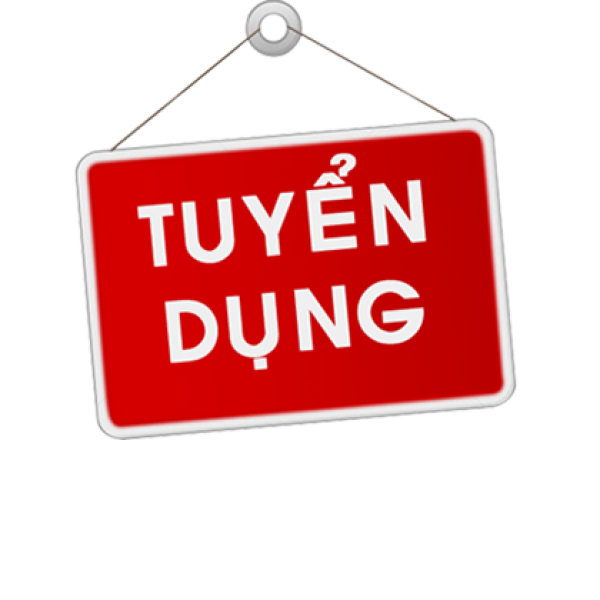Contact Admission
New device to replace the stethoscope
Will new equipment replace the stethoscope?
Nearly every medical school in the United States puts new students on white coats and stethoscope.
Actions are part of a long tradition. But it's not just symbols. Medical schools still teach listening skills. Doctors must be able to use them well in order to get their license.
But the stethoscope, 200 years after its invention, is facing an uncertain future.
The new devices can help doctors find problems in the heart, lungs and other areas. They use ultrasound technology, artificial intelligence and smartphone apps.
Dr. Eric Topol is a world-renowned cardiologist. He considered the stethoscope to be obsolete - in other words, old and outdated. It's been fine for 200 years. But we need to get over that. We can do better. "
Students at Indiana University, one of the largest medical schools in the nation, learn stethoscope skills. But they are also trained in handheld ultrasound technology. This training course is part of a program launched last year by Dr. Paul Wallach, one of the school's leaders.

Five years ago, he created a similar program at Georgia Wallach Medical College believing that within the next ten years, hand-held ultrasound devices would become part of a regular physical exam, just like reflex hammer.
But Wallach added that he was not ready to claim the stethoscope was dead. He believes that young doctors will wear stethoscope around the neck and ultrasound in the pocket.
Modern stethoscope looks different from the first. It was invented in the early 1800s by the French Rene Laennec. But the devices work basically the same way. Sound waves cause the flat metal device to vibrate. Vibrations move sound through the tubes to the ears.
But hearing and understanding sounds from the human body requires a trained ear.
Dr. James Thomas is a cardiologist at Northwestern Medicine in Chicago. He said that with medical advances and competitive equipment, some young doctors are not well trained in stethoscope. He notes recent studies that medical school graduates in some areas may miss out on half of people whispering using a stethoscope.
However, there is a huge price difference between conventional stethoscope and high-tech devices. The stethoscope usually costs under $ 200, compared with at least a few thousand dollars for some new devices.
Dr. Dave Drelicharz has been a doctor for children for over 10 years. He understands the appeal of newer devices. But, he says, until the price drops, the stethoscope remains your best tool.
He says, during my office hours, if I don't put it on my shoulder, it feels as if I feel almost naked.
I'm John Russell.
Lindsey Tanner reported on this story to the Associated Press. John Russell adapted it for learning English. Kelly Jean Kelly is the editor.
The article content is translated from the website
Other news
- Therapeutic potential and mechanisms of mesenchymal stem cell-derived exosomes as bioactive materials in tendon–bone healing ( 08:38 - 23/11/2023 )
- Symbol of medicine ( 19:38 - 19/09/2021 )
- The history of the development of medicine worldwide and in Vietnam ( 18:58 - 19/09/2021 )
- Pharmacology in mind ( 08:42 - 04/02/2021 )
- Nitric Oxide and other medical contributions over 2 decades ( 08:19 - 11/12/2020 )
- Scientists Create First Full-Size 3D Printed Human Heart Model ( 09:32 - 10/12/2020 )
- How Many People Need Vaccines to Reach Herd Immunity? ( 09:25 - 10/12/2020 )
- Whitmore's disease increased in Central ( 07:56 - 19/11/2020 )
- Diabetes - the silent killer ( 08:17 - 16/11/2020 )
- Lung cancer may be mistaken for COVID-19 ( 08:30 - 21/10/2020 )








